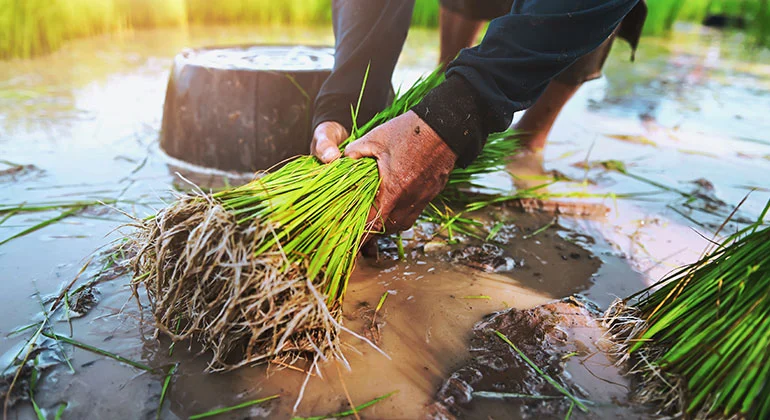In the intricate tapestry of modern agriculture, few elements spark as much debate and controversy as pesticides. These chemical solutions have become indispensable tools for farmers worldwide, serving as guardians of crop health and yield. However, their use is not without scrutiny, with concerns ranging from environmental impact to human health effects. Today, we delve into the nuanced landscape of agricultural pesticides, aiming to shed light on their essential role while maintaining a balanced perspective, free from biases.
Agricultural pesticides encompass a diverse array of substances designed to control pests, diseases, and weeds that threaten crop productivity. From herbicides tackling invasive weeds to insecticides warding off hungry pests, these formulations are the frontline defense for farmers against nature’s unpredictable onslaughts. Without them, the challenges of feeding a burgeoning global population would be even more daunting.
Critics often point to the potential adverse effects of pesticides on the environment and human health. Indeed, indiscriminate or excessive pesticide use can lead to contamination of soil, water, and air, disrupting delicate ecosystems and endangering biodiversity. Moreover, prolonged exposure to certain pesticides has been linked to health issues in humans, ranging from respiratory problems to neurological disorders.
However, it is crucial to recognize that responsible pesticide use, guided by sound scientific principles and stringent regulatory oversight, can mitigate these risks significantly. Integrated Pest Management (IPM) strategies, for instance, promote a holistic approach that integrates various pest control methods, reducing reliance on pesticides and minimizing their environmental footprint. Furthermore, ongoing research and innovation in pesticide technology continue to yield safer and more targeted formulations, enhancing efficacy while minimizing collateral damage.
In the realm of sustainable agriculture, the conversation around pesticides extends beyond their immediate impact on crops. It encompasses broader considerations such as soil health, water conservation, and ecosystem resilience. Forward-thinking farmers are increasingly embracing agroecological practices that prioritize natural solutions and minimize external inputs, including pesticides. Cover crops, crop rotation, and biological pest control methods are just a few examples of this paradigm shift towards regenerative agriculture.
Nevertheless, it is essential to acknowledge the complex realities faced by farmers, especially those in regions grappling with formidable pest pressures and limited resources. For them, pesticides remain indispensable tools for safeguarding livelihoods and ensuring food security. As such, any discourse on the role of pesticides must take into account the socio-economic context in which they are employed, avoiding simplistic narratives that overlook the challenges faced by those on the frontlines of agriculture.
In conclusion, the role of agricultural pesticides in modern farming practices is multifaceted, encompassing both benefits and challenges. While their efficacy in protecting crops is undeniable, their judicious use is imperative to mitigate potential risks to the environment and human health. Moving forward, fostering dialogue, promoting education, and supporting research into alternative pest management strategies will be key to navigating the complex terrain of pesticide use in agriculture. By embracing a nuanced and unbiased perspective, we can strive towards a future where food production is not only productive but also sustainable and resilient.

